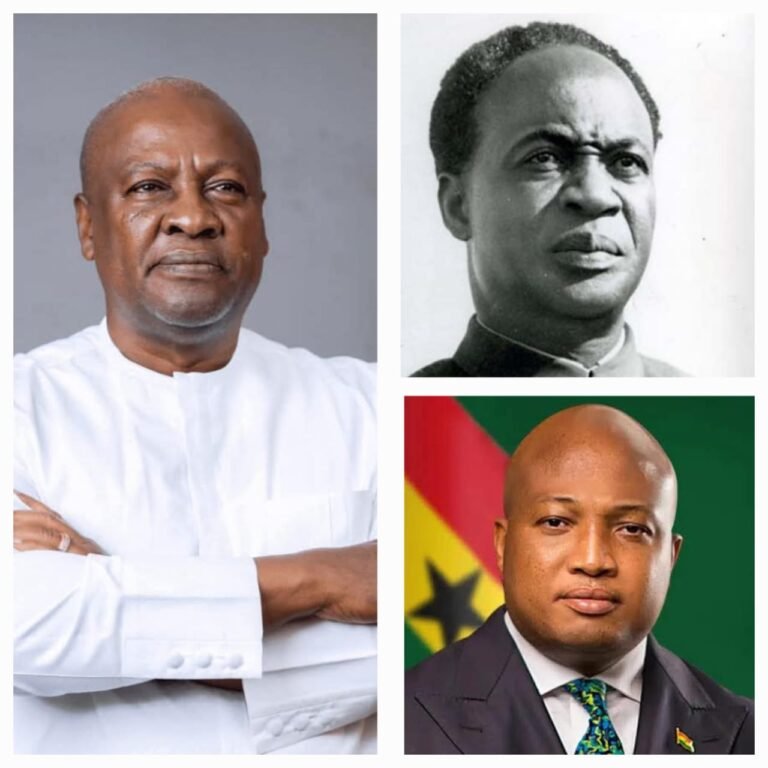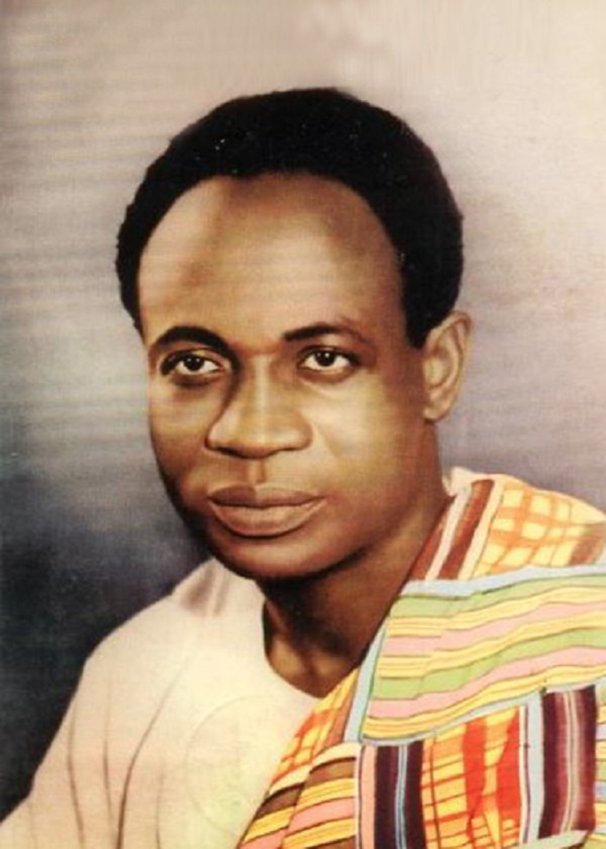

President Nana Addo Dankwa Akufo-Addo has charged the Lands Commission to wholly embrace digital technology in its land administration and acquisition processes.
He gave the charge yesterday during the maiden National Land Conference at the Accra International Conference Centre. The four-day national conference is dubbed “Leveraging National Land Policy, Legislation and Institutional Capacity towards Sustainable Socio-Economic Development”.
It brought together stakeholders in the management and administration of lands in the country, including traditional leaders, Members of Parliament, the Judiciary, academia, civil society organisations, among others, to deliberate on leveraging land policy and legislation for socio-economic development.
The Conference is being organised by the Ministry of Lands and Natural Resources and the Lands Commission, in partnership with the Department of Land Economy of Kwame Nkrumah University of Science and Technology (KNUST) and COLANDEF, with support from GIZ and the German Cooperation.
The President commended the Lands Commission for moving some of its services online. He, however, bemoaned that it is unacceptable that the Commission still operates largely manual in this age of technology.
He said the Commission cannot deliver an efficient land administration if documents on land have to be processed manually.
“We must, therefore, expedite action on the digitalisation process, and ensure that the Commission goes fully digital. As you go into technical discussions, it is my hope that this will be key on your agenda. We must, therefore, expedite action on the digitalisation agenda, and ensure that the Commission goes fully digital,” the President said.
Value of land
President Akufo-Addo further underscored the importance of land to socio-economic development. He said, virtually, all human activities revolve around land, with some 90% of the population depending, directly or indirectly, on land for their livelihoods.
That is why, according to the President, Government prioritised the passage of the Land Act, 2020 (Act 1036), which had been in the draft stage for over twenty years.
The President noted that several interventions have been made over the years, particularly through the Land Administration Project (LAP), lamenting, however, that the country’s land administration is still fraught with several challenges.
“Successive Governments have sought, through numerous initiatives, to improve Ghana’s land administration regime. The most significant intervention has been the Land Administration Project (LAP), Phases 1 and 2, which sought to lay the foundation, and consolidate urban and rural land administration and management systems for efficient and transparent land service delivery,” he stated.
He explained that the Land Act “revises, harmonises and consolidates laws on land to ensure sustainable land administration and management, as well as effective and efficient land tenure systems.”
Collaboration
The President called on stakeholders to work together to ensure that government delivers an effective and efficient land administration programme that facilitates development and progress.
He explained that Act 1036, with its various innovative provisions, provides a strong foundation for delivering a robust and efficient land administration. The President pledged Government’s commitment to work with all stakeholders to ensure a land administration that is fit for purpose.
The Minister of Lands and Natural Resources, Samuel Abu Jinapor, said the land conference is the first of its kind in the history of the country, and stressed that “it seeks to provide policy direction for land administration through broader consultations”.
Mr Jinapor indicated that the Land Policy of 1999, though still relevant, does not address new challenges posed by technological advancement and infrastructural development.
The Lands Minister also bemoaned the several challenges in land administration in the country, including conflicting judicial decisions. He said the Ministry and the Lands Commission had been working together to deal with these challenges, through interventions such as online searches, the use of drones for surveying, and decentralisation of land services.
He gave the assurance that his outfit would continue to work with the Lands Commission and all stakeholders to deliver “a robust and functioning land administration, which will discard the usual inefficiencies, fraud and delays, and which will be anchored on the principles of transparency and integrity.”
The Conference, which began on Tuesday, will end tomorrow, and is expected to produce a set of recommendations for addressing the various challenges with land administration in the country.





